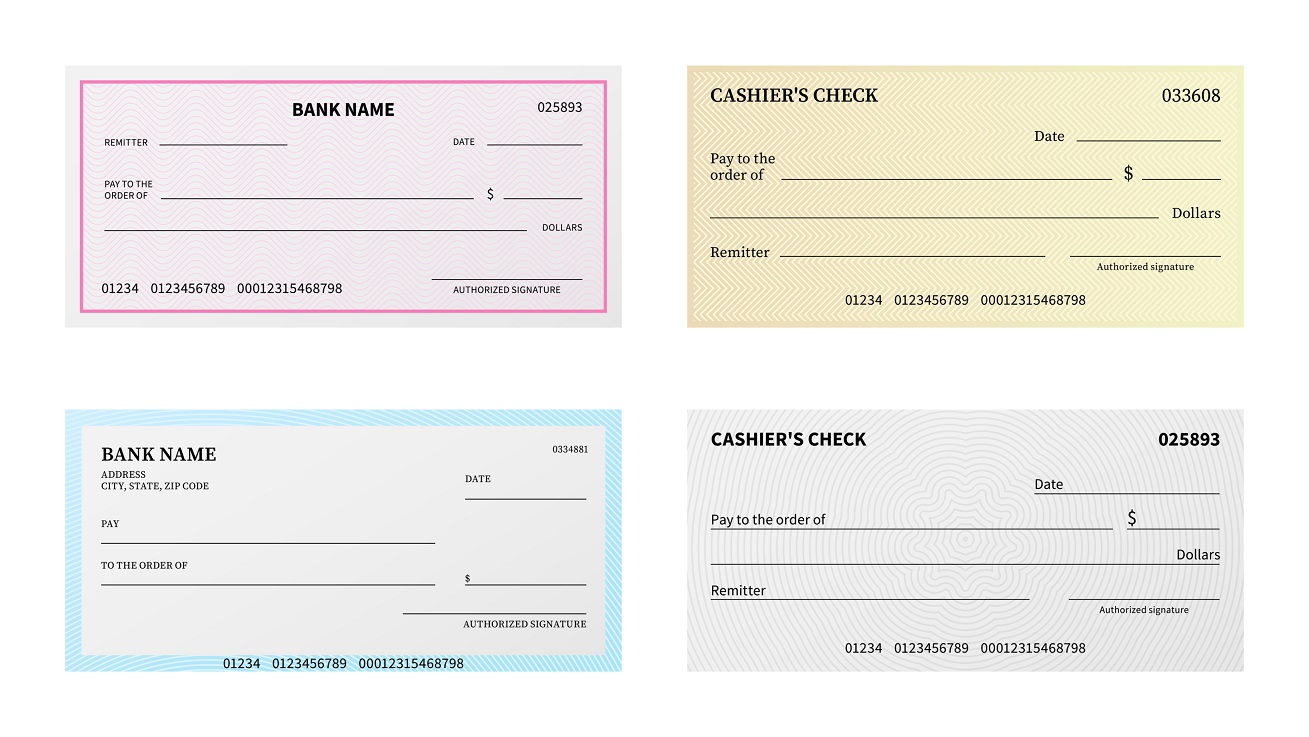Home Buying
Mortgage Pre-Qualification vs. Pre-Approval: Understanding the Key Differences

When you're in the market for a new home, understanding the difference between mortgage pre-qualification and pre-approval can be crucial. Both are steps in the mortgage process that assess your financial ability to purchase a home, but they serve different purposes and signal different levels of commitment from lenders. Let's break down the differences to help you navigate the home-buying journey more effectively.
Mortgage Pre-Qualification: The First Step
Pre-qualification is often the first step in the mortgage process. It's a quick, usually free, assessment by a lender to estimate how much you might be able to borrow based on the basic financial information you provide. Here's what you need to know about pre-qualification:
- Ease of Process: You can often get pre-qualified online or over the phone by providing details about your income, debts, and assets.
- Credit Check: Pre-qualification sometimes requires a hard credit inquiry, temporarily impacting your credit score. Double-check with your mortgage specialist so you know what to expect.
- Estimation: The amount you're pre-qualified for is a rough estimate, not a guarantee of the loan amount you'll receive.
Mortgage Pre-Approval: A Closer Look
Pre-approval is a more involved process that indicates a lender has thoroughly reviewed your financial background, including your credit history, and has conditionally agreed to lend you a specific amount of money. Key aspects include:
- Application Process: You'll need to complete a mortgage application and provide necessary documents, such as pay stubs, tax returns, and bank statements.
- Credit Check: Pre-approval always requires a hard credit inquiry, temporarily impacting your credit score.
- Stronger Signal: Being pre-approved sends a stronger signal to sellers that you're a serious and capable buyer, potentially giving you an edge in competitive markets.
Comparing the Two: Which One Do You Need? While pre-qualification can be a quick way to gauge how much house you might afford, pre-approval is generally recommended when you're serious about purchasing a home. Here's why:
- Credibility with Sellers: A pre-approval letter can make your offer more attractive to sellers, showing that you have the financial backing to complete the purchase.
- Accurate Budgeting: Knowing how much you can borrow helps you search for homes within your budget, saving you time and disappointment.
The Home Stretch
It’s important to note that neither pre-qualification nor preapproval ensures your loan will be approved. Both serve as tools for lenders to assist you and the seller in gauging your purchasing power. After choosing a home and making an offer, it must be appraised and inspected for repairs. Following these steps, the loan can be finalized, paving the way for your home purchase.
Understanding the difference between mortgage pre-qualification and pre-approval can streamline your home-buying process. While pre-qualification offers a quick estimate of your borrowing power, pre-approval provides a more accurate and credible assessment of your ability to finance a home. When you're ready to start house hunting, obtaining a pre-approval letter can be critical in demonstrating your seriousness as a buyer and making your dream home a reality.
Get closer to your dream home today. Contact a Mortgage Specialist to explore your unique pre-qualification and pre-approval options.

 Forgot
Forgot 


